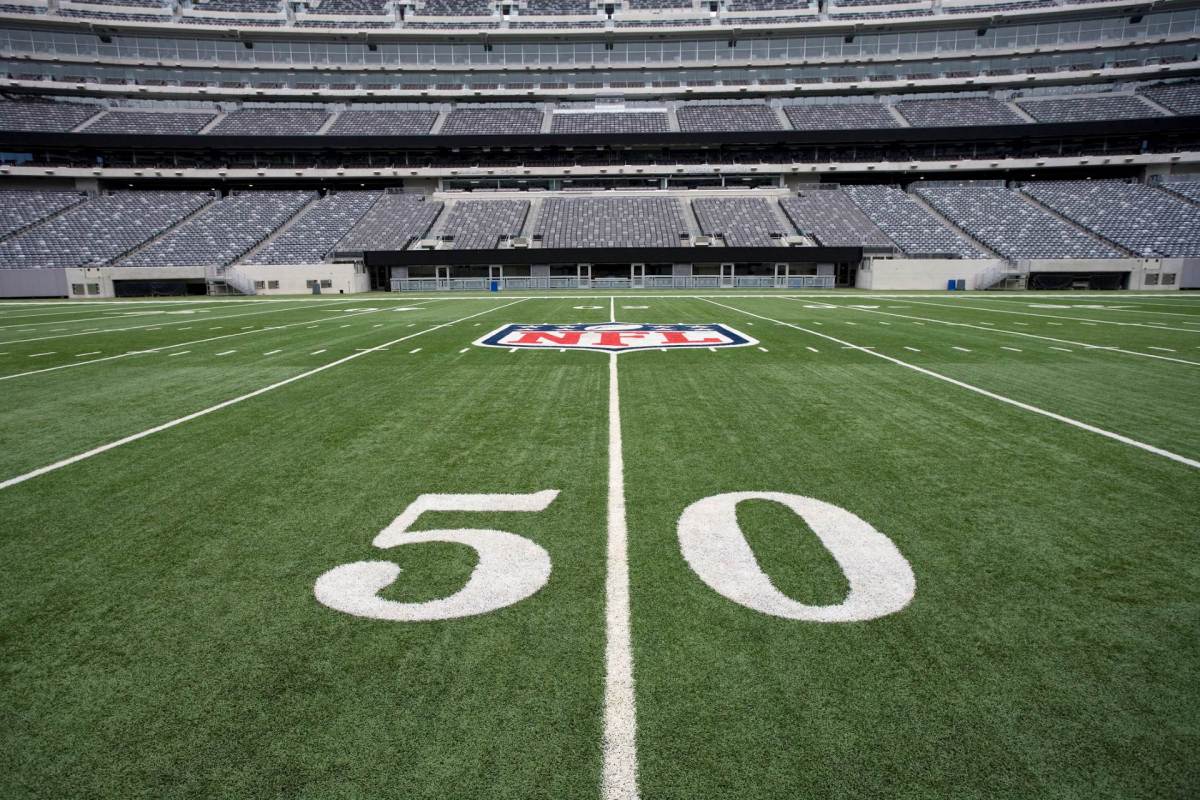The NFL has received its fair share of criticism over the years, and one dirty secret revealed by a study from PicksWise has a number of people wondering what can be done to rewrite the playbook in a way that would ultimately benefit all of humanity.
What's happening?
In mid-October, PicksWise released its findings on the private jet usage of NFL team owners, with the top pollution-producing aircraft — belonging to Atlanta Falcons chairman Arthur Blank — releasing almost two million kilograms (about 4.4 million pounds) of planet-overheating carbon pollution each year.
As the report pointed out, citing data from the Environmental Protection Agency, "that's the equivalent of nearly 450 passenger cars driving for an entire year."
Four private jets alone combined for nearly seven million kilograms (about 15 million pounds) of carbon pollution over a one-year period, with Blank owning half of those aircraft.
High-flying NFL owners: A look at the costly environmental impact of their private jets pic.twitter.com/P0PLDGApuM
— Digg (@digg) November 8, 2023
The other two belonged to Indianapolis Colts owner Jim Irsay and Jacksonville Jaguars owner Shahid Khan.
Prior to the start of the 2015 season, NFL.com released an "ultimate" road trip that took fans to every stadium in the league in 28,840 miles. According to PicksWise, one of Blank's jets flew the equivalent of that mileage about 13 times in 2022.
Why is this private jet use concerning?
The aviation industry is responsible for 2.5% of carbon pollution that has been linked to dangerously warm global temperatures and severe storms, as well as a potential mass extinction event that could disrupt the balance of the ecosystem.
According to Transport & Environment, an organization focused on sustainable travel in Europe, half of that pollution is produced by 1% of travelers, with private jets being "five to 14 times more polluting than commercial planes (per passenger)."
What can be done about pollution from private jets?
As PicksWise pointed out, it's not uncommon for NFL team owners to put their resources toward philanthropic causes. All 32 clubs are also involved in community-supporting events.
Tackling a reduction in carbon pollution as part of a green initiative for the league, or even using resources to support clean energy, is certainly within the realm of possibility.
Consider, for example, the first-of-its-kind carbon tariff approved by the European Union in October that is also expected to benefit the collective economy of its countries.
While a personal carbon tax on fuel usage for private jets would be slightly different, it might appeal to those aforementioned philanthropic values, with the money going toward programs that could help the average person add solar panels to their home and save money on electricity in the long run.
Join our free newsletter for cool news and actionable info that makes it easy to help yourself while helping the planet.









